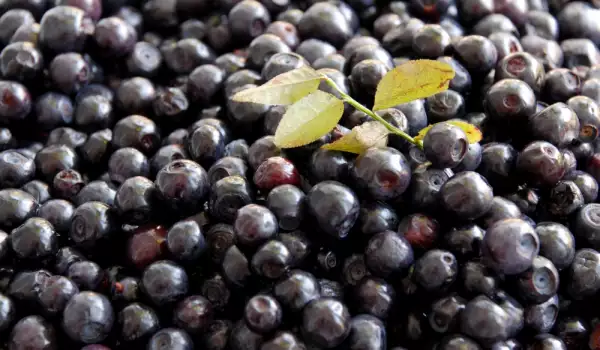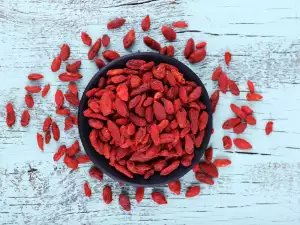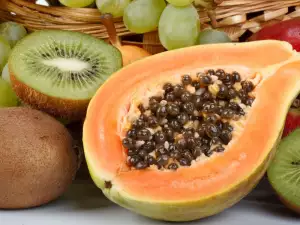Berries are some of the most tempting fruits. Besides their refreshing taste, they provide us with many benefits.
The birthplace of the bilberry is America, where they enjoy great popularity. In Europe, they are mostly found in mountainous areas above 3280 ft (1000 m). They grow in both coniferous and deciduous forests, as well as in high mountain pastures. Blueberries, bilberries and lingonberries often coexist in such areas.
Bilberries (Vaccinium myrtillus) are at the top of the leaderboard in antioxidant content among fruits, vegetables and spices. Blueberries and bilberries are very similar, but the bilberry has a more saturated and darker color of the fruit and a darker juice.
In 2/5 cup (100 g) of bilberries there are barely 49 calories. To make up for this, they are loaded with antioxidants, making them a desired food in any healthy food diet. Antioxidants contribute to a strong collagen matrix by neutralizing enzymes that destroy connective tissue.

Furthermore, the presence of vitamin A effectively neutralizes the actions of free radicals. They also contain specific tannins and are rich in anthocyanins, flavonoids and pigments, which give the fruit its deep color, as well as fiber and vitamin C.
Consumption of bilberries benefits the cardiovascular system, fortifies blood vessels, eyesight, brain function and slow aging.
Studies show that one glass of bilberry juice a day is enough to fuel us with energy. Additionally, it has a cleansing effect on the stomach and intestines, helping them function better.

Besides taking first place when it comes to the content of antioxidants, bilberries are also at the top in manganese content. Bilberries' antibacterial effects are used against inflammation of the urinary tract and kidneys. They are also recommended for people whose jobs contain high mental stress.




















Comments